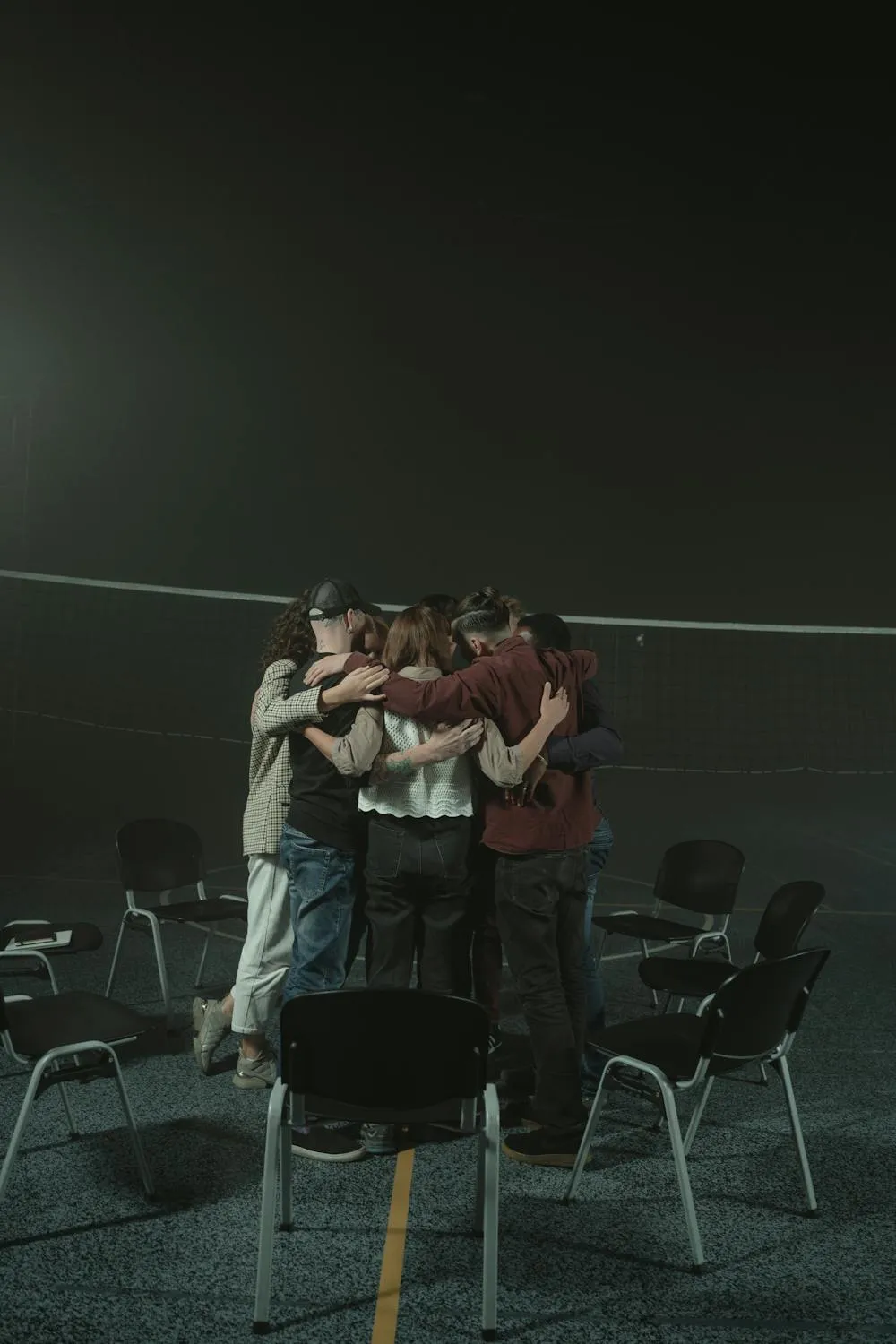2 Minutes - Article
May is Mental Health Awareness Month—a time to:
- Speak up
- Check in
- Look out for each other
Whether you’re in high school, college, or figuring out life after school, your mental health is just as important as your physical health. And for Indigenous youth and young adults, these conversations are deeply personal and deeply needed.
Why It Hits Different for Indigenous Youth
Our communities carry:
- Strength
- Tradition
- Deep Roots
But we also carry the weight of:
- Generational trauma
- Discrimination
- Cultural loss
These can affect mental health in ways that often go unspoken.
Indigenous youth face higher rates of depression, suicide, and anxiety, yet access to culturally appropriate mental health care is still limited.
We deserve healing that honours who we are.
Let’s Break the Silence
Mental health challenges are not a sign of weakness—they're a human experience. But stigma can make us feel like we have to keep quiet. Sharing our stories, checking on one another, and reaching out for help are ways to break that silence—and reclaim our power.
What Helps
- Connect to culture: Our traditions, languages, and elders are medicine. Cultural identity builds resilience.
- Talk it out: With a friend, a trusted adult, or a Native counselor if possible.
- Rest and reflect: Take breaks, breathe, and protect your peace.
You are not alone
Mental Health Awareness Month is about making space for honesty, healing, and hope. You are sacred. You are strong. And you are never alone in what you’re going through.
